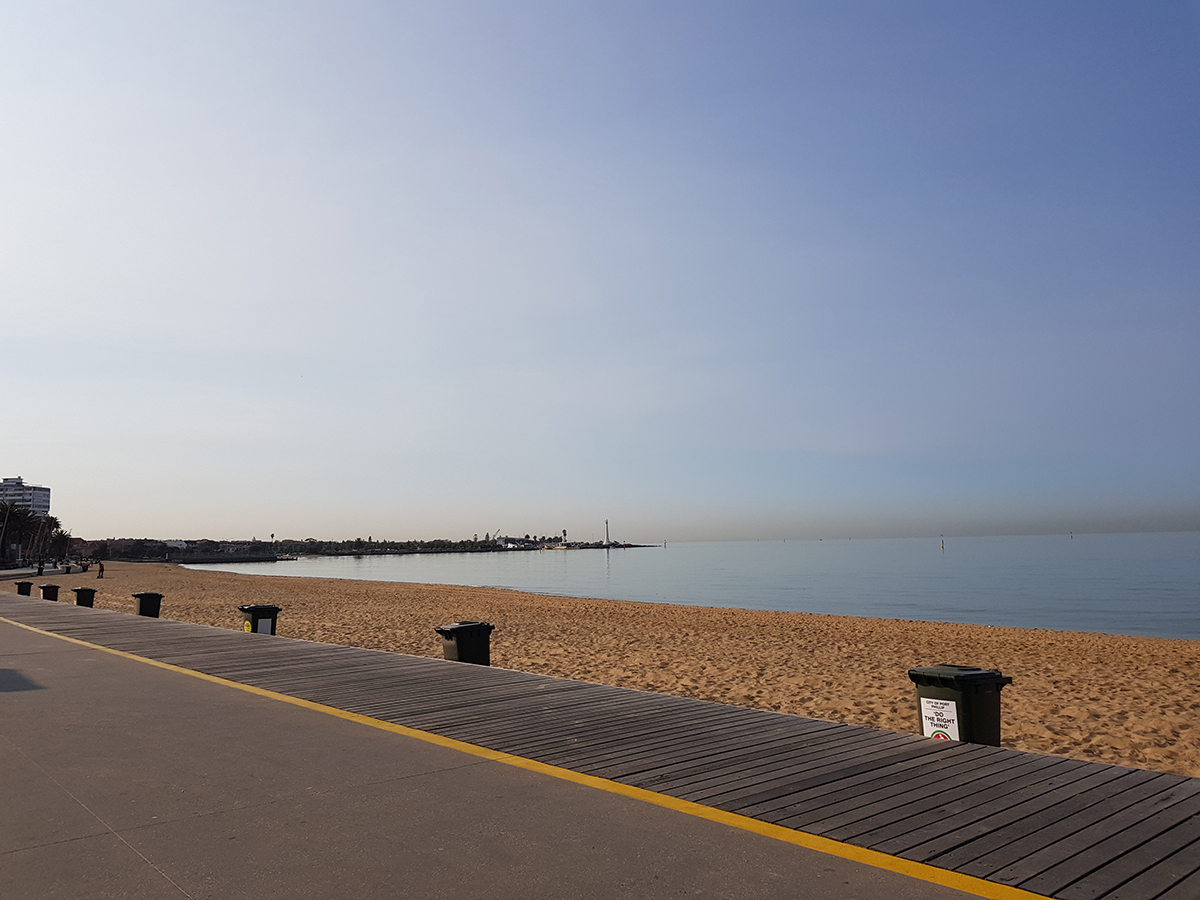Korea’s Ministry of Environment has introduced a suite of revised recycling laws and regulations for packaging. These laws are likely to affect Australian exporters of packaged agrifood products.
Trade implications
Korean importers are responsible for complying with these regulations. However, Australian exporters need to work closely with importers to ensure packaging material complies with Korean regulations.
The Korea Environment Corporation (KEC) may need longer lead times to assess packaging.
Packaging that is difficult to recycle may incur an environmental fee. Some packaging types have also been banned.
Summary of revised Korean recycling laws and regulations
In December 2018, the Ministry of Environment amended the Act on the Promotion of Saving and Recycling Resources. This aims to reduce Korean plastic waste by 50% by 2030. In most cases, the grace periods for complying with requirements, included in the original legislation, have expired.
Grading and labelling on packaging materials
All packaging will be graded on its ability to be recycled. Packaging can be rated as:
- Excellent
- Good
- Normal
- Difficult.
A surcharge of up to 30% may be applied for products graded as ‘difficult’.
It is mandatory for products classified as ‘difficult to recycle’ to be labelled as difficult on packaging. It is optional to include the other recycling categories on packaging.
If packaging has not been assessed, it will be graded as difficult.
Some exemptions from grading may be available. For example, if a particular packaging material is required for product quality and no suitable alternative is available. This includes coloured glass bottles for wine and olive oil. However, a surcharge may still apply.
How packaging is assessed
Importers must submit a self-assessment of the product packaging to KEC for review.
KEC will respond within 10 days for excellent and good packaging submitted with corresponding evidence.
KEC may take longer to review normal and difficult packaging.
Importers must undertake annual reviews for packaging for the first 5 years after KEC’s initial review.
Exporters are encouraged to work with importers to understand and meet Korea’s packaging requirements.
Conditional bans on unrecyclable materials
Some products have been classified as unrecyclable and are banned. These include:
- PVC plastics (including PVC-C, PVC-U and PVDC)
- coloured PET bottles (applies only for mineral water and drinks).
Products may be exempt from this ban if suitable replacement packaging materials are not available. For example, wrapping films (plastic wraps) used for packing livestock and fisheries products are exempt from the ban.







